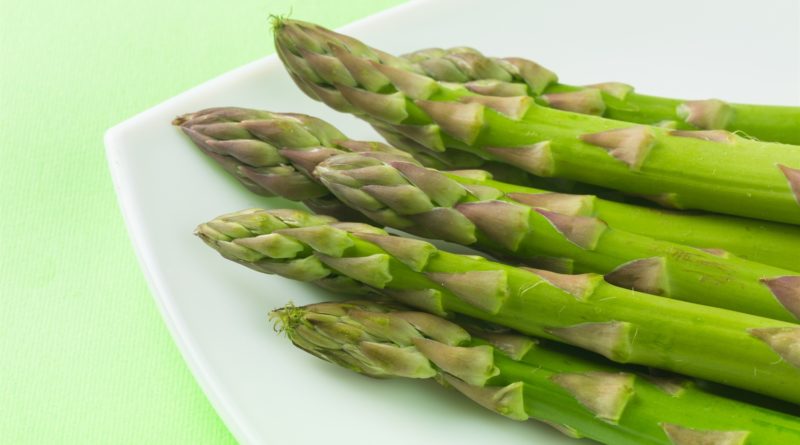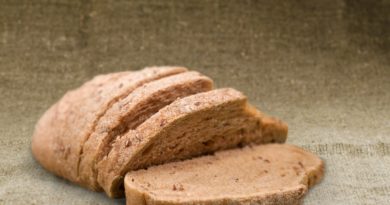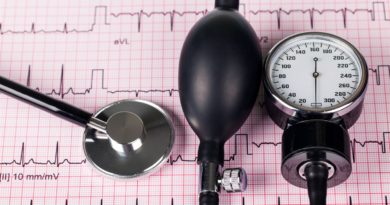8 Essential Menopause Foods for Your Midlife Diet
Menopause is a period in a woman's life that usually occurs after 45 years of age. From that moment the woman lives with numerous important physical and psychological changes that require a specific diet. Let's see some of the foods that should be part of that diet.
1. Milk and dairy products
When women stop making estrogen due to the onset of menopause, there are alterations in the regulation of calcium that lead to bone loss.
To avoid or reduce the decalcification of the bones you need vitamin D. For this, it is essential to sunbathe for at least 15 minutes a day and include foods rich in that nutrient in your diet. Milk, yogurt or cheese are especially rich in vitamin D.
2. Whole grains
At this stage of life, it is common to feel tired. So it is essential to include slow-absorbing carbohydrates that give you the energy to meet your daily schedule.
A salad of brown rice with carrots, tuna and a boiled egg could be a perfect starter.
3. Extra virgin olive oil
During menopause they tend to increase cholesterol levels and the risk of cardiovascular diseases. To avoid this, it is essential to have a heart-healthy diet, increasing the intake of healthy fats (extra virgin olive oil, nuts, avocado).
Limit the consumption of foods that contain saturated fats, such as sausages and trans fats from processed foods such as chips, cereal bars and cookies.
4. White fish
Normally, when reaching menopause, women not only gain weight, but also fat stops accumulating in the hips and happens to do so in the belly or abdomen. This is one of the factors that increases cardiovascular risk, cholesterol and blood pressure.
To control this process it might be advisable to adopt a diet that includes low-calorie foods, such as white fish, such as cod, hake or monkfish.
5. Liquids
The ideal is to drink about 1.5 liters of water a day, which is equivalent to 6 glasses. But if you have trouble reaching that amount, a good option is to take infusions or opt for vegetable broths
Among the many benefits associated with this advice is the elimination of liquids that have to be retained during menopause.
6. Chicken or turkey
The weight gain is inevitably accompanied by a loss of muscle mass. A situation that can be minimized with a diet rich in lean proteins (rabbit, chicken, turkey, white fish) and with physical strength or toning.
Some grilled turkey breasts or a few slices of baked hake could be a perfect, protein and low calorie dinner.
7. Asparagus and artichokes
Although it does not affect all women equally, the fact is that due to hormonal changes, fluid retention is a generalized disorder among women who are in menopause.
To try to reduce it, it is important to reduce salt intake and increase the consumption of vegetables such as artichokes or asparagus.
Do not skip dinner
At this stage of life, many women have to modify their eating habits. One of the most common, is to reduce the dinner to its minimum expression, being in many cases in a salad, a yogurt or a fruit, which is a mistake that can increase weight and decrease muscle mass due to lack of protein.
It is advised that the number of meals throughout the day range from 5 to 7, the main ones being breakfast, lunch and dinner.
The hormonal changes
According to a recent European study, more than 60% of women over 45 years of age are concerned about how physical and hormonal changes may affect them at this stage.
However, they are also aware that healthy habits can alleviate the disorders associated with menopause:
- One of those habits that should be reviewed focuses on food, which has to adapt to this new life period marked by hormonal changes, which trigger new nutritional needs.
- In this article, we have collected some of the foods that should be part of a specific diet for women who are going through menopause.
Symptoms of menopause
The decrease and subsequent disappearance of female hormones (estrogens) causes a series of symptoms:
- Irregular menstruation or its complete disappearance.
- Hot flushes and sudden heat.
- Sleep disorder.
- Vaginal dryness.
- Emotional changes and depression.
- Body changes.
- Hair loss and weak nails.
- Memory problems and difficulty concentrating.
- Dry skin.
- Headaches or chest pains.
- Appearance of facial hair.
- Osteoporosis or bone problems.




